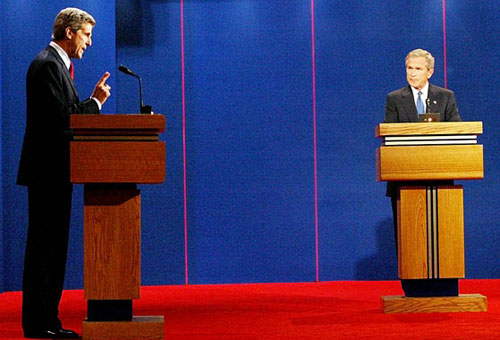podcast 381 – Mainstream Christian Theologies in the year 240: What Trinitarian Apologists Don’t Know
Can we find trinitarians in the year 240 AD?
Can we find trinitarians in the year 240 AD?
Does a doctrine of divine processions entail that the Son is less divine than the Father?
Here’s a later (partisan, 20th century Unitarian) account of one of several trinitarian controversies in early modern England, started by men within the Church of England who would have considered themselves Christians and trinitarians, but who rejected mainstream medieval trinitarian thinking, especially as embodied in the “Athanasian” creed. During this controversy, these dissenters started using the term “Unitarian”, as they disliked being tarred as “Socinians“,… Read More »Nothing New Under the Sun – Part 2
In this episode I respond to the interesting article “What about This View? How to Defend an Anti-Trinitarian Theology,” by evangelical apologist Dr. Robert M. Bowman Jr.
Would a God who is a single Person fail to be perfect?
Following up on the previous post – the word “trinitarian” may be an adjective or a noun. The Oxford English Dictionary lists four adjective meanings: (here’s my editing of relevant parts of their entry, emphasis added) 2. Theol. Relating to the Trinity; holding the doctrine of the Trinity (opp. to Unitarian). In early use, Trinitarian heretic, one holding heretical views as to the Trinity: 1656… Read More »Heretical “trinitarians” – evolution of a word

“All we need is one substance to cure the ills of our society!” “I have personal experience with substance abuse, and it is wrong.”
Before I start a mini-series on the Trinitarian thought of Henry of Ghent, I thought it would be good to offer a brief survey of the late 13th c. landscape. This is way too brief and fairly focused, but hey, you’ve got to start somewhere. As the scholastics would say, you cannot will to do something, unless you have some sort of knowledge. No voluntary action without knowledge, however imperfect or confused that knowledge is! (As an aside: Jean-Luc Marion, a contemporary philosophical-theologian and former student of Jacques Derrida contests this medieval Aristotelian claim, and argues that acts of will –i.e. to love- does or can precede any knowledge.)
Of all the issues to discuss about the Trinity the one at hand here is the question: what causes or explains why the divine persons are really distinct from each other? We know there are three persons, and one ‘substance’/’ousia’ from Scripture and our orthodox Creeds, but is there anything that we could say that might account for why there are three, and not say five divine persons? Or even, why not say there is a potential infinity of divine persons (on some contestable account of the deification of believers)? You get my point. Why three divine persons and what makes it that there are three, no more and no less?
A summary of Dr. Branson’s case and an argument against biblical unitarian theology.
Some responses and a debate challenge.
How does one objectively evaluate a definition of a concept, e.g. trinitarian or unitarian?
Can these obvious truths pop the bubbles of various theological and christological speculations?
As we saw last time, Burke in round 5 argues like this: 2nd c. catholic theology was predominantly subordinationist. If the apostles had taught the Trinity, this wouldn’t have been so. Therefore, the apostles did not teach the Trinity. In a long comment (#23) Bowman objects, For some reason… anti-Trinitarians think it is bad news for the doctrine of the Trinity if second-century and third-century… Read More »SCORING THE BURKE – BOWMAN DEBATE – ROUND 5 – BURKE – Part 2
I’ve just updated my homepage with a paper forthcoming in Faith and Philosophy, called “Hasker’s Quests for a Viable Social Theory.” My sincere thanks to editor Thomas Flint, and to that journal’s anonymous readers for their help. The paper critically examines the various discussions of William Hasker, a very accomplished Christian philosopher, and former editor of F&P, from whom I have learned much. I think… Read More »New Papers
A new paper on when and how the biggest change in the history of mainstream Christian theology occurred.
A response to a response to my paper “When and How in the History of Theology Did the Triune God Replace the Father as the Only True God?”
Real arguments vs. pointed questions combined with incredulous tone.
The real question, I think, is whether or not this idea about “God” is consistent with biblical teaching.